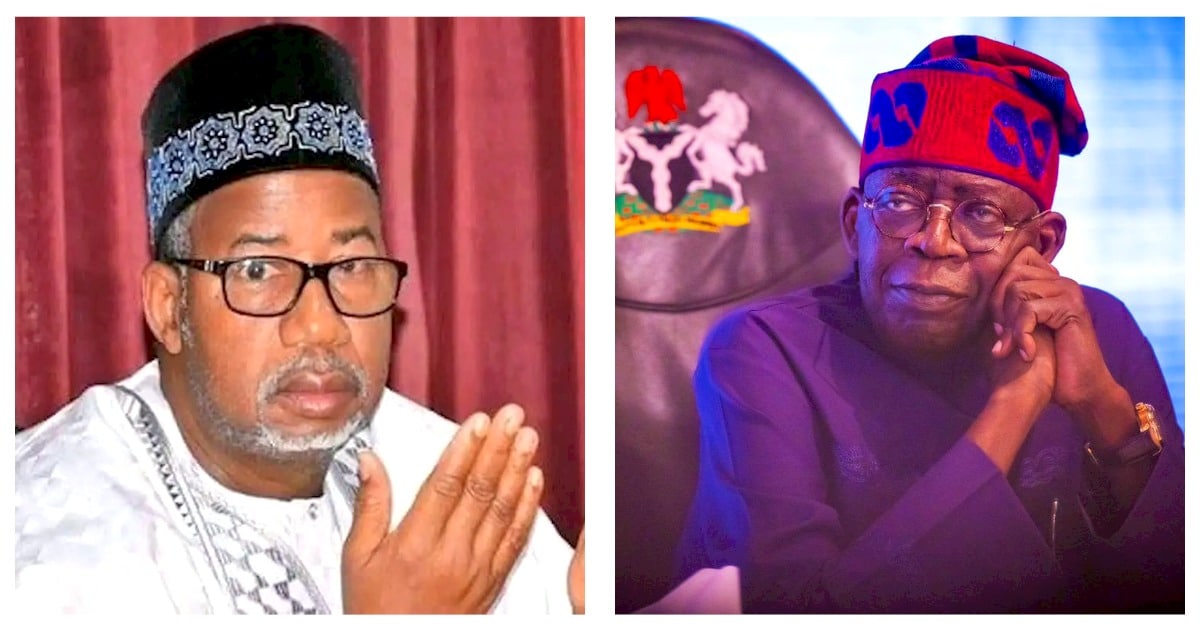Nigeria must halt frivolity with moribund infrastructure starting with incoming government in 2023
Successive governments in Nigeria have over the years become synonymous with moribund infrastructure. The reason for the situation is not far-fetched as they are mostly riddled in corruption, restricted by poor funding, and change in government, among others. But the incoming government in 2023 has an opportunity to halt these wastages and possibly ensure their viability.
According to the Nigerian Institute of Quantity Surveyors (NIQS), as of 2021, the country had 56,000 abandoned projects with an estimating cost of N12 trillion, by either the Federal Government or different state governments.
Despite the moribund nature, some have continued to cost the country billions of Naira, in addition to promises to start functioning and contributing to the economy. Here are infrastructures that have continued to cost the country money, despite their moribund nature.
Refineries
Since the discovery of oil, Nigeria’s economy has continued to be dependent on it. The oil and gas sector does not involve only production, but also the refining of different products which can be used by the average Nigerian, and also contribute to the country’s economy. Nigeria currently has four refineries in Port Harcourt (2), Kaduna and Warri, with a combined installed capacity of about 445,000 bpd. However, the refineries are moribund, and Nigeria continues to rely heavily on fuel importation. The refineries have cost the country huge sums in maintenance; N82.82 billion in 2015, N78.95 billion in 2016, N604.127 billion in 2017, N426.66 billion in 2018, N218.185 billion in 2019, N64.534 billion in 2020, and N100 billion in 2021. The refineries have cost the country about N2 trillion in maintenance over the years.
Earlier in the year, the Group Managing Director of NNPC, Mele Kyari, revealed a total of $1.5 billion will be expended on the Port Harcourt refinery to make it functional, despite N10.33 billion revenue between 2015-2019. The moribund nature is worrisome, considering the amount the country expends on Fuel importation and subsidy every year.
Ajaokuta Steel
The Ajaokuta steel company is located in Kogi state, and it was incorporated in 1979. The infrastructure was expected to boost Nigeria’s economy and also provide employment for people. However, despite its nearing completion at a point, it has now become moribund. At one point, there was an attempt to resuscitate the company, but it failed before the federal government took over again. The steel company has gulped $10 billion from the country since its creation to get it working, but the country has continued to import steel products. According to the Nigeria Bureau of Statistics (NBS), Nigeria imported N837.761 billion worth of steel in the Q3 and Q4 of 2021. In 2020, the minister of mines and steel development, Olamilekan Adegbite, announced that $1.45 billion will be spent on the Ajaokuta steel company to make it work.
Nigeria Airways
Some countries in the world have their national carrier, this was once the story of Nigeria. It was founded in 1958 and the Nigerian government at a time owned 51% of the airline before it took full ownership of the airline. The airline stopped operation in 2003.
It would seem current efforts to set up another national carrier, Nigeria Air, is showing trappings of failure. According to reports, N6.25 billion have been spent so far on working capital, consultancy and transactions advisers’ fees Despite promises made and signing of contracts between the federal government and different investors, the iteration or attempt has consistently failed to meet deadlines.
Millennium Tower
Located in the federal capital city in Abuja, it has fast become a hub for many uncompleted public projects. The Millennium Tower was launched in 2005 by the government of Olusegun Obasanjo with completion year as 2011, with a proposed cost of N69.3 billion. It was built to be an art museum, fused with entertainment hubs. According to reports, the project had already gulped N35.7 billion before it was suspended in 2017. Also, in 2019, an additional sum of N38.2 billion would be required to complete the project. Despite no completion in sight, N1 billion was allocated for the project in the 2021 budget.
National Library
The national library is a project that has gone into oblivion. It was initiated in 2006, at a total cost of N8 billion. The national library was initiated to boost the educational system in the country. By 2013, the project was reviewed at N18 billion. At the start of 2015, the cost was reviewed at N78 billion. In 2019, N50 billion was proposed to complete the project. Despite being moribund, N200 million was allocated to the project in the 2021 budget.
The economic cost of the moribund project is enormous. For instance, despite having refineries and a steel company, Nigeria has continued to import fuel and steel respectively, costing the country trillions of naira annually. Also, reviving the project would cost more than the initial cost, as project materials have gone up.
With bare eight months to go, this government doesn’t stand a chance of completing any of the projects afore highlighted. The onus would be on the incoming government in 2023 to revive these projects to help boost the economy, and also create jobs which will help address employment issues in the country.

